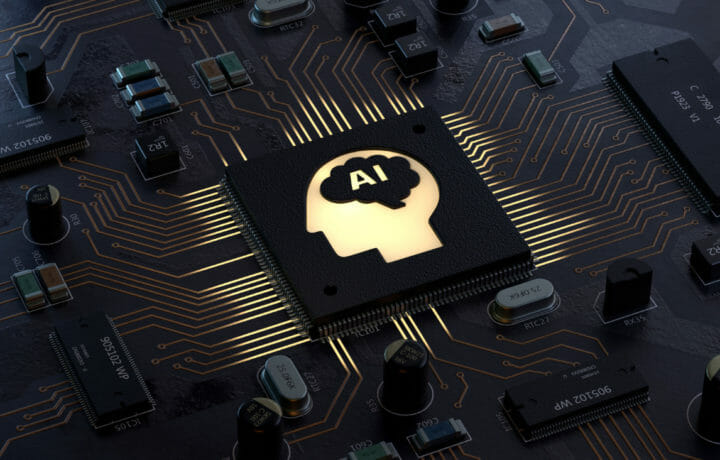An October 2023 report from the Harvard Business Review, which cited a forecast from the Organization for Economic Co-operation and Development made in 2019, predicted that within 15 to 20 years, new automation technologies were likely to eliminate 14% of the world’s jobs and radically transform another 32%. And the reports didn’t factor in ChatGPT or any of the other generative artificial intelligence (AI) tools that have since been introduced.
As the forecast added, these advances in technology are changing the demand for skills at an increasingly accelerated pace. OpenAI recently predicted generative AI will impact 80% of all jobs in the coming years.
However, it isn’t just the jobs that AI could replace that should be seen as an issue for some workers – it is that many may need to find that they’ll have to upskill to remain competitive in the evolving world.
“Numerous tech roles are already feeling the effects of AI and LLMs (large language models). Support roles, testing roles, and some lower tier sales roles are at highest risk right now. In the next couple years, I expect front end and back end software engineers to be affected significantly,” suggested Joseph Thacker, principal AI engineer and security researcher at SaaS security posture management provider AppOmni.
In With the New …
Even as new skills could be in demand that doesn’t mean that the old skills will be no longer needed. In fact, upskilling for AI should not just focus on technology skills and should be balanced with soft skills including creativity, communication, critical thinking, and understanding.
“All skills will remain important for a while, but we will need less people doing them. Experts will be able to do far more with AI assistance,” Thacker told ClearanceJobs.
Moreover, this should be seen as a transitional moment where new skillsets will emerge. Instead, it is highly likely that AI will continue to impact the workplace as well as talent recruitment and retention – and it could require constant upskilling for some workers.
For now at least some tech workers won’t feel the need to hone up on the latest and greatest
“Cross-functional tasks and anything requiring real-world tasks are the most resilient. System admins and traditional IT are safe for a while. Jobs requiring presence in the physical world are safe,” Thacker continued. “Any jobs which require usage of many systems, especially legacy or hard-to-use systems will also be quite safe.”
What Will Be in Demand?
It would require more than a crystal ball or tea leaves to fully determine what skills may be required, but those who can work with AI and have an understanding of large language models will likely be in demand.
“Using tools like GitHub Copilot is a very good way to leverage AI, but AI-based code tools are also becoming increasingly popular among developers,” suggested Kirimgeray Kirimli, president of Flatiron Software “Whether it’s an AI code review tool or an IDE extension, AI can help increase code quality and improve efficiency.”
As AI continues to evolve, so too will the skills that will be required.
“There are a lot of AI-related roles emerging now,” said Thacker. “There’s no doubt people should be learning how to use AI to be more effective, and know how to use emerging products. They should also learn to use AI so that they can understand its current limitations and work around those. In doing so, they will go from becoming less valuable to being extremely valuable to most businesses.”




